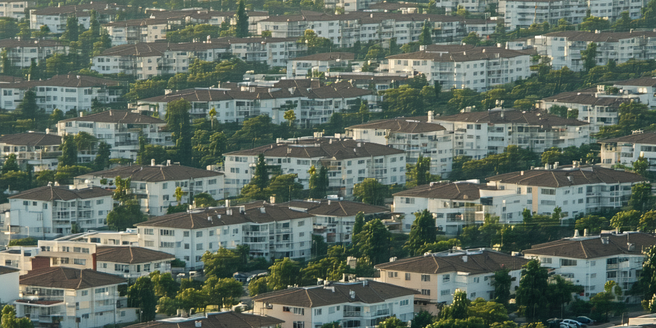
Understanding the Impact of Population Growth
Population growth poses significant challenges for urban planning. As cities expand, maintaining a balance between development and sustainability becomes crucial. The impact of this growth is felt not only in resource allocation but also in the quality of life for residents. Rapid increases in population require expansion of infrastructure, housing, and services, often outpacing the ability of cities to keep up. This can lead to overcrowding, strain on resources, and environmental degradation. Urban planners must balance the needs of a growing population with the available resources and space. Managing population growth effectively involves encouraging sustainable practices, promoting equitable resource distribution, and investing in infrastructure development. Through comprehensive planning and innovative solutions, cities can adapt to population changes and create resilient urban environments that meet the needs of all residents.
Addressing Traffic Congestion and Public Transport
Traffic congestion is a critical issue faced by growing urban areas, leading to increased commute times, pollution, and stress. Urban planners strive to alleviate congestion by improving public transport systems, encouraging carpooling, and developing pedestrian-friendly spaces. Investment in efficient, reliable, and affordable public transit can reduce reliance on private vehicles, lowering traffic volumes. The integration of technology, such as real-time traffic monitoring and smart traffic signals, can significantly enhance traffic flow. Efforts to educate the public on the benefits of alternative transportation can also make a difference. Additionally, adopting smart traffic management systems and policies that encourage alternative transport modes can further ease congestion. Collaborative efforts between government, businesses, and communities are crucial in creating a seamless and sustainable urban transport network.
Balancing Economic Development with Environmental Sustainability
Finding harmony between economic growth and environmental preservation is a key urban planning challenge. Unchecked development can lead to environmental degradation, threatening natural resources and impacting quality of life. Planners must create policies that prioritize sustainable practices, such as green building techniques, renewable energy adoption, and conservation of green spaces. Innovative technology can also aid in reducing the environmental impact of urban development. Community engagement and education are crucial in fostering a culture of sustainability. Furthermore, transparent reporting and accountability measures can ensure that sustainable policies are effectively implemented. Economic incentives for businesses to adopt eco-friendly practices also play a role. By integrating sustainability into development plans, urban areas can promote long-term economic prosperity without compromising the environment.
Ensuring Access to Affordable Housing Solutions
Affordable housing is a cornerstone of equitable urban development. As cities grow, rising property prices can make it difficult for lower-income residents to find suitable housing. Planners must ensure a diverse housing supply that includes options for all income levels. Public awareness campaigns can also play a crucial role in gaining support for affordable housing initiatives. One effective approach is to integrate affordable housing into new developments rather than isolating it in specific areas. Strategies include incentivizing developers to build low-cost housing, implementing rent control measures, and improving access to housing finance. Collaboration with community organizations and stakeholders is essential to address specific local needs and create inclusive housing policies that prevent displacement and ensure everyone has a place to call home.
Integrating Technology in Urban Infrastructure
Technological advancements are revolutionizing urban infrastructure, making cities smarter and more efficient. Urban planners are increasingly integrating technology to improve service delivery, resource management, and overall quality of life. As the technology landscape evolves, continuous adaptation and learning become crucial for sustainable urban development. Smart cities utilize data-driven approaches to optimize transportation, energy use, waste management, and more. The rapid pace of digital transformation requires cities to remain agile in their implementation strategies. However, the integration of technology must be inclusive and considerate of privacy concerns. By leveraging technology responsibly, planners can enhance urban living while fostering innovation and economic growth. Ensuring equitable access to technology is vital in bridging digital divides and creating a connected urban society.
